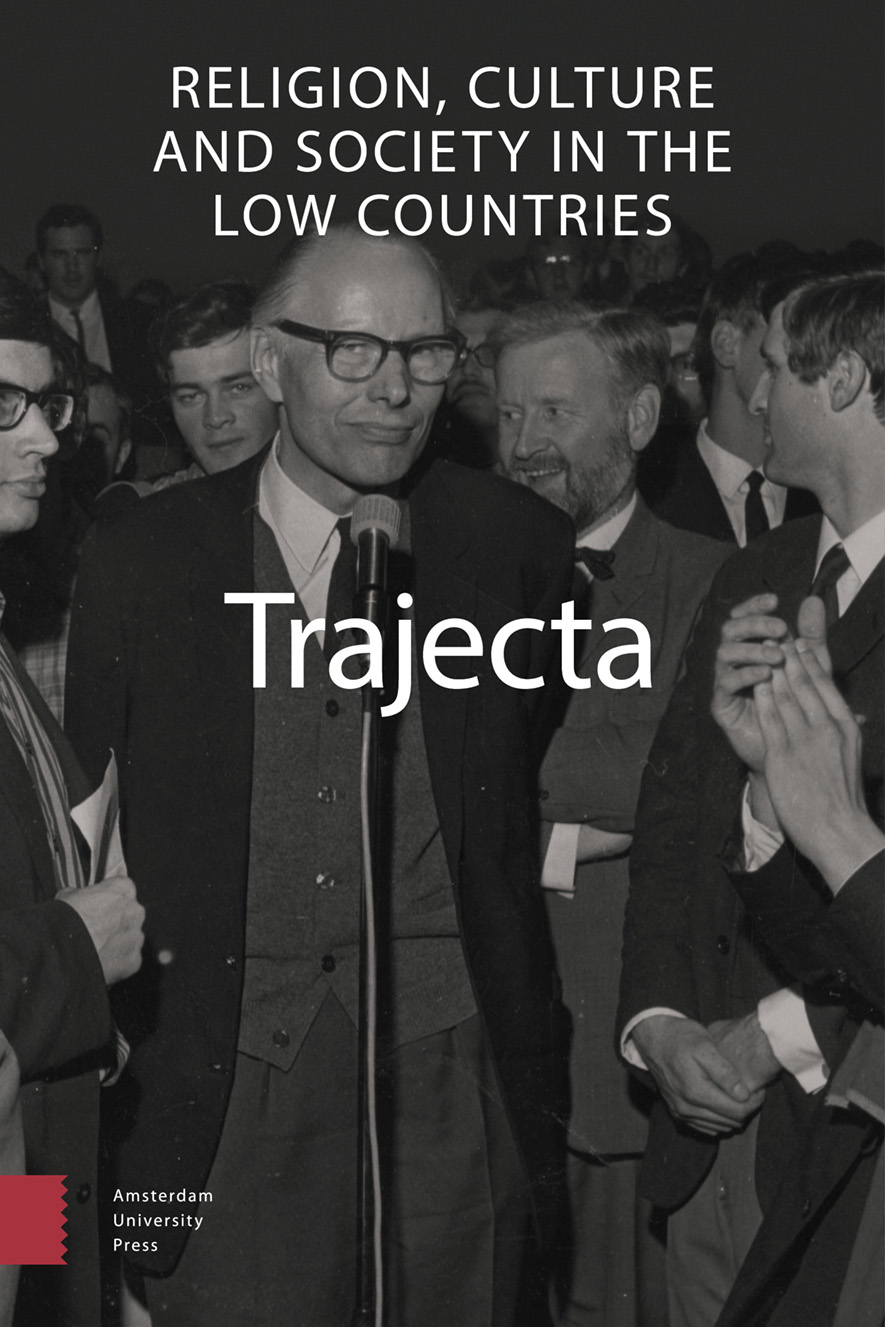-
oa The European Discourse of Geldmacht: Anti-Capitalism, Stereotypes of Jews, and Abraham Kuyper, 1844–1911
- Amsterdam University Press
- Source: Trajecta, Volume 32, Issue 1, aug. 2024, p. 1 - 31
-
- 01 aug. 2024
- Vorig Artikel
- Inhoudsopgave
- Volgend Artikel
Samenvatting
This article explores the circulation and evolution of the European discourse of geldmacht (‘money power’) from 1840 until 1911. During this period, a variety of thinkers used the notion of geldmacht to express opposing arguments. Academics used the word geldmacht to capture the power of finance, while activists across the political spectrum used the same notion to offer social critique and voice conspiracy theories. In the period from 1840 to 1911, the concept of geldmacht, adapted and moulded by authors to fit their individual needs, circulated in the form of books, articles, and pamphlets. Several nineteenth-century German thinkers used the word to contest the civil emancipation of the Jews while others turned to geldmacht in their critique of contemporary capitalism. From the 1920s onwards, communists and fascists alike appropriated the notion of geldmacht for their own purposes. As a first examination of the various connotations of the discourse of geldmacht, the aim of this article is strategic rather than exhaustive. Its main contribution takes the form of a diachronic analysis of the term geldmacht as used by the Dutch journalist, Protestant theologian, and prime minister of the Netherlands (1901–1905) Abraham Kuyper (1837–1920). As a Protestant theologian and political thinker, Kuyper was extremely interested in the role Jews played in European societies. Although he sometimes used the notion of geldmacht to contest contemporary capitalism, he mostly used the term to accuse Jews of exercising excessive political influence. Kuyper’s use of the word geldmacht sheds light on the broader contours of the European discourse at the time, for example, as articulated by Bruno Bauer and Karl Marx in their discussions of Jewish wealth in the 1840s. Such ideas, reworked in the 1870s to polemicise against Otto von Bismarck, were then adapted by Kuyper to fit his own needs. Kuyper’s writings thus not only shed light on a local debate in the Netherlands, but also function as a lens to understand the complex European genealogy of the discourse of geldmacht. A Begriffsgeschichte (‘conceptual history’) of Kuyper’s statements on geldmacht, the German sources he may have used, and an analysis of the reception his work received, reveals how the fear of anonymous financial markets often mingled with an antisemitic distrust of a distinctive minority.


